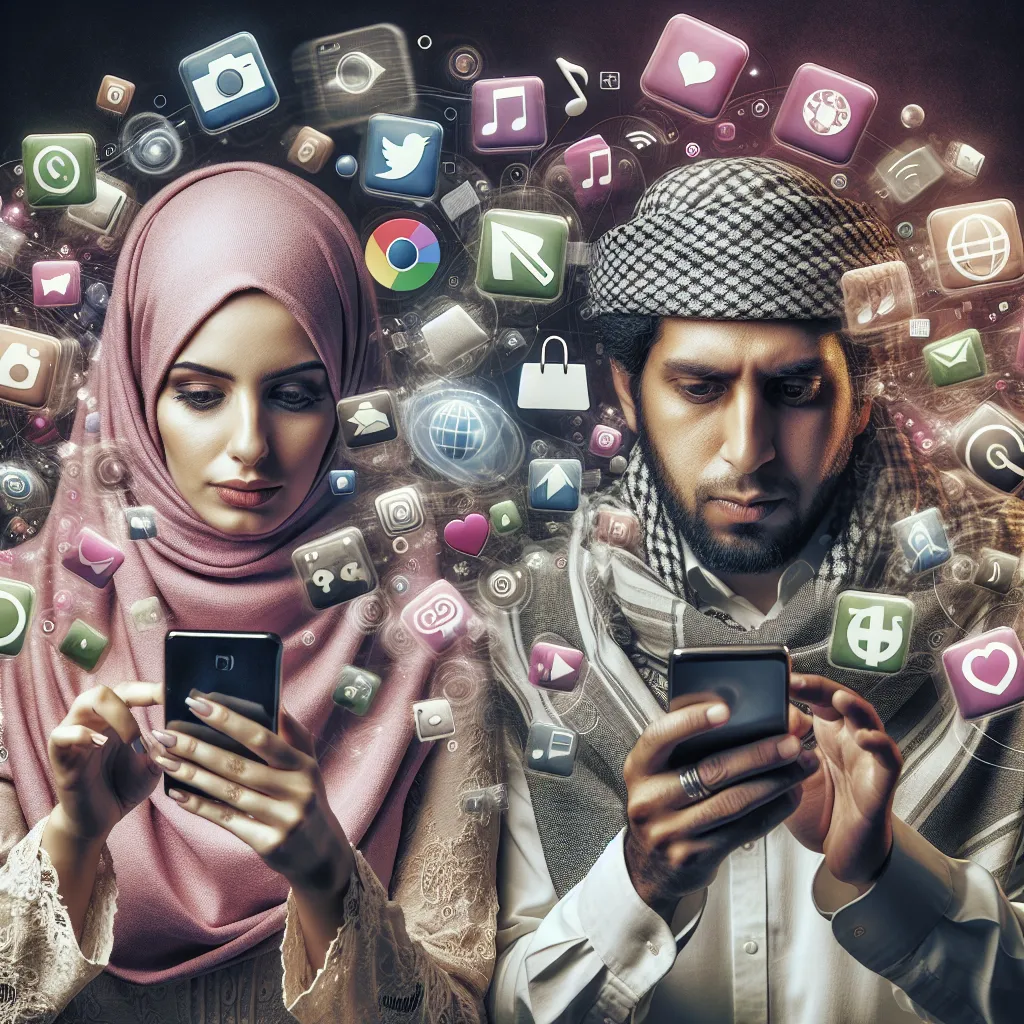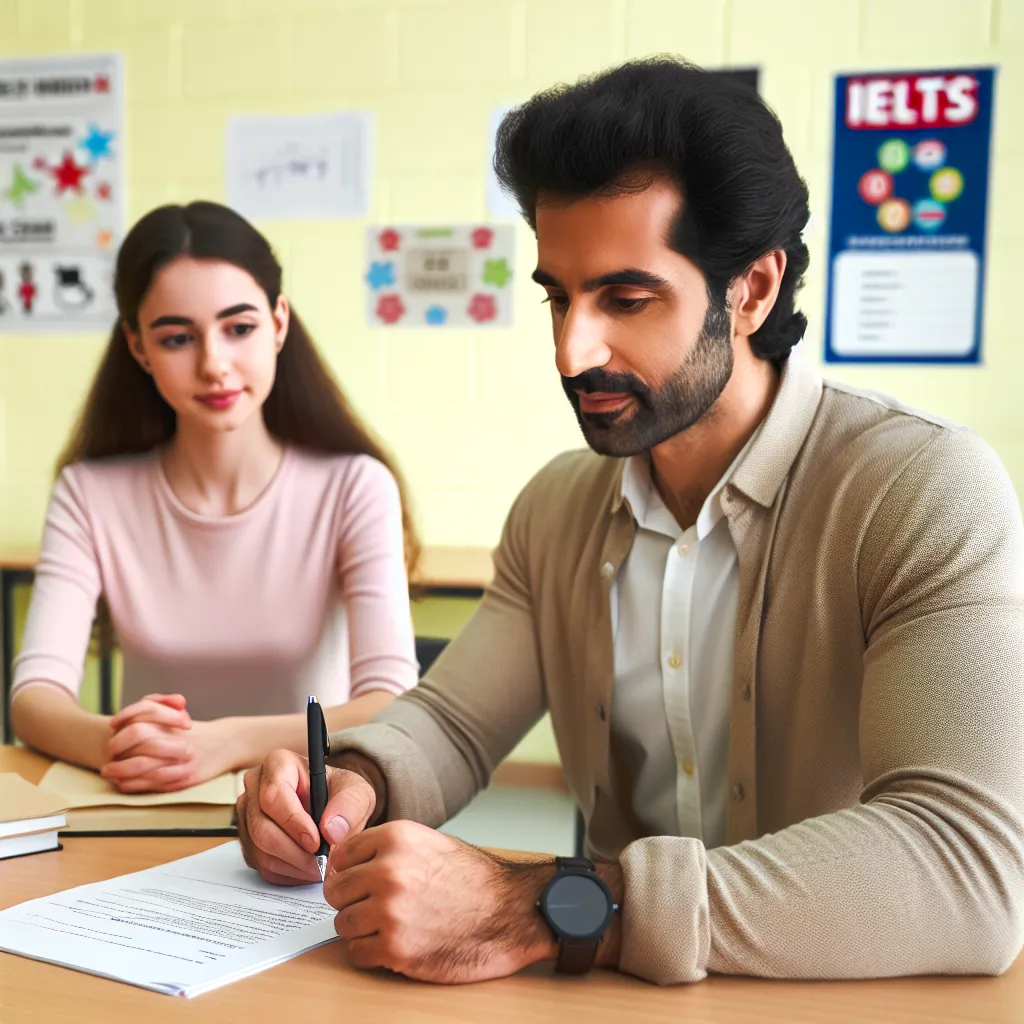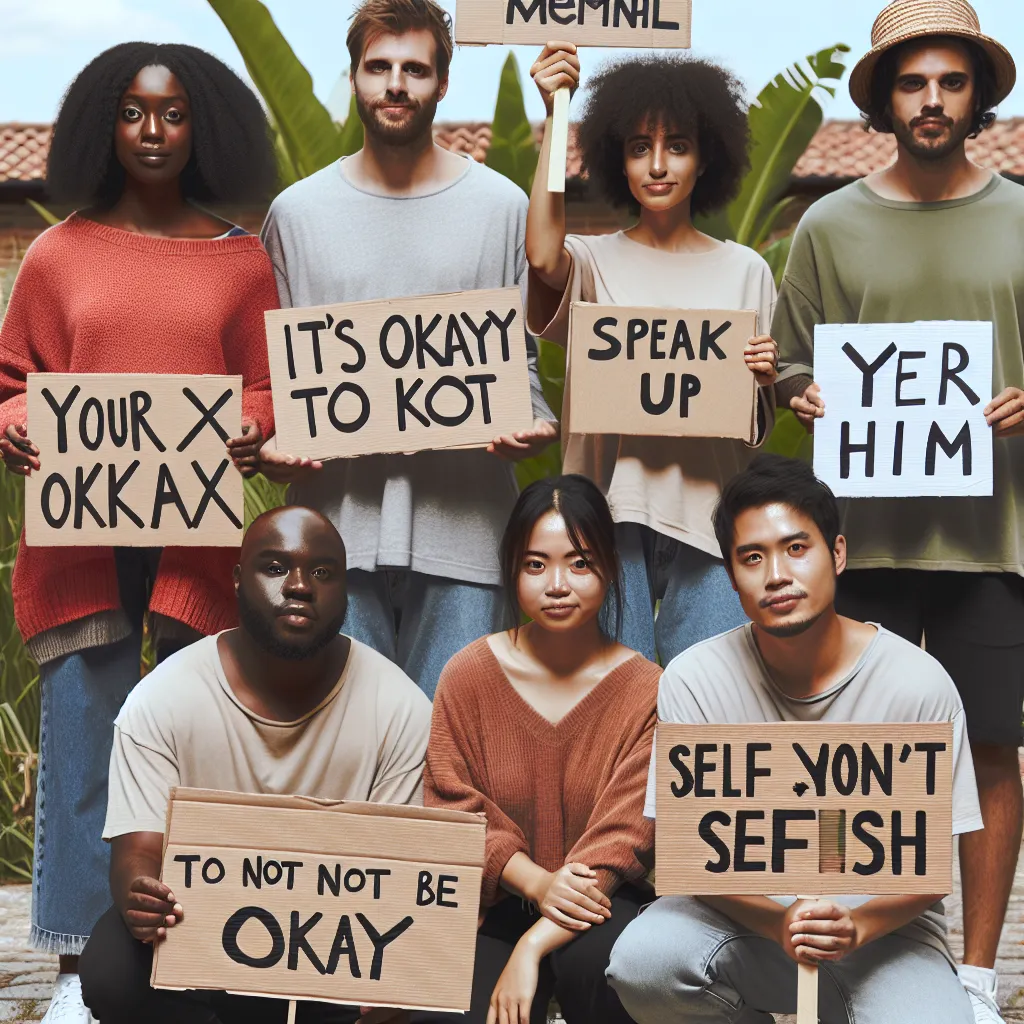As an experienced IELTS examiner, I’ve seen many candidates struggle with describing everyday items and experiences. One common topic that often appears in IELTS Speaking tests is describing an app that has become essential in your daily life. This article will guide you through answering this question effectively, providing sample answers and detailed analysis to help you achieve a high band score.
Nội dung bài viết
- Understanding the Topic
- Part 1: Introduction and Interview
- Q: Do you use any apps on your phone?
- Q: What kind of apps do you use most frequently?
- Part 2: Long Turn (Cue Card)
- Sample Answer (Band 6-7):
- Sample Answer (Band 8-9):
- Follow-up Questions:
- Part 3: Two-way Discussion
- Q: How do you think apps have changed the way we live and work?
- Q: Do you believe there are any downsides to the increasing use of apps in our daily lives?
- Key Vocabulary and Phrases for High Scores
- Examiner’s Advice
Understanding the Topic
In today’s digital age, mobile applications have become an integral part of our lives. IELTS examiners often include questions about technology and its impact on our daily routines. Being able to articulate how an app has become essential to you demonstrates your ability to discuss modern topics and personal experiences in English.
 Essential Mobile App
Essential Mobile App
Part 1: Introduction and Interview
In Part 1 of the IELTS Speaking test, you might encounter questions related to apps and technology. Here are some potential questions and sample answers:
Q: Do you use any apps on your phone?
Band 6-7 Answer: Yes, I use several apps on my phone. I find them quite helpful for various tasks in my daily life.
Band 8-9 Answer: Absolutely! I’m quite reliant on a range of apps for different aspects of my life. From productivity tools to entertainment and social networking, my smartphone has become an indispensable part of my daily routine thanks to these applications.
Q: What kind of apps do you use most frequently?
Band 6-7 Answer: I often use social media apps and messaging apps to stay in touch with friends and family. I also use some productivity apps for work and study.
Band 8-9 Answer: I find myself frequently using a diverse array of apps. Predominantly, I lean towards productivity apps like Evernote for note-taking and Trello for project management. Additionally, I’m a regular user of fitness tracking apps and language learning platforms to maintain a healthy lifestyle and expand my linguistic abilities.
Part 2: Long Turn (Cue Card)
Now, let’s focus on a cue card related to describing an essential app:
Describe an app that has become essential in your daily life
You should say:
- What the app is
- What you use it for
- How you found out about it
- And explain why it has become essential to you
Sample Answer (Band 6-7):
The app I want to talk about is Spotify, which is a music streaming application. I use it to listen to music and podcasts almost every day. I first heard about Spotify from a friend who recommended it to me when I was looking for a way to discover new music.
Spotify has become essential to me because it provides access to a huge library of songs and podcasts. I can create playlists for different moods or activities, like studying or exercising. It also suggests new music based on what I like, which helps me discover artists I might not have found otherwise.
The app is very convenient because I can use it on my phone or computer, and it remembers where I left off. It’s also affordable compared to buying individual songs or albums. Overall, Spotify has really changed the way I enjoy music and has become a big part of my daily routine.
Sample Answer (Band 8-9):
I’d like to discuss an app that has revolutionized my daily routine – Todoist, a highly sophisticated task management application. I utilize this app to meticulously organize my personal and professional responsibilities, ensuring that I maintain a productive and efficient lifestyle.
I stumbled upon Todoist while researching productivity tools to enhance my time management skills. After reading numerous glowing reviews and watching detailed tutorials, I decided to give it a try, and it has since become an indispensable part of my daily workflow.
Todoist has earned its place as an essential app in my life for several compelling reasons. Firstly, its intuitive interface allows me to quickly input tasks and organize them into projects and sub-projects, mirroring the complex structure of my various responsibilities. Moreover, the app’s cross-platform synchronization ensures that my to-do list is always up-to-date, whether I’m using my smartphone, tablet, or computer.
What truly sets Todoist apart is its advanced features, such as natural language input, which allows me to add tasks using everyday phrases like “submit report every Friday at 3 PM.” This seamless integration with my thought process makes task entry effortless and encourages me to capture ideas and responsibilities as they occur to me.
Furthermore, the app’s gamification elements, such as karma points and productivity visualization, provide a subtle yet effective motivation to maintain my productivity streak. This psychological reinforcement has significantly improved my task completion rate and overall efficiency.
In essence, Todoist has transformed the way I approach my daily responsibilities, offering a perfect blend of simplicity and powerful features that cater to my organizational needs. It’s not just an app; it’s a vital component of my personal productivity system.
Follow-up Questions:
- How has this app changed your daily routine?
- Do you think people rely too much on apps nowadays?
Part 3: Two-way Discussion
In Part 3, the examiner will ask more abstract questions related to the topic. Here are some potential questions and sample answers:
Q: How do you think apps have changed the way we live and work?
Band 6-7 Answer: Apps have made many things more convenient. We can do a lot of tasks on our phones now, like shopping, banking, and working. This has changed how we manage our time and how businesses operate.
Band 8-9 Answer: The proliferation of apps has fundamentally transformed our approach to both personal and professional life. On the personal front, apps have streamlined numerous daily tasks, from managing finances to maintaining social connections, leading to increased efficiency but also raising concerns about digital dependence. In the professional sphere, apps have revolutionized workplace dynamics, enabling remote work on an unprecedented scale and fostering new forms of collaboration. This shift has blurred the lines between work and personal life, prompting a reevaluation of work-life balance in the digital age.
Q: Do you believe there are any downsides to the increasing use of apps in our daily lives?
Band 6-7 Answer: Yes, I think there can be some downsides. People might become too dependent on apps and forget how to do things without them. Also, spending too much time on apps can be distracting and affect our relationships with others.
Band 8-9 Answer: While apps have undoubtedly brought numerous benefits, their increasing prevalence in our daily lives does come with certain drawbacks. One significant concern is the potential for digital addiction, where individuals become excessively reliant on apps for various aspects of their lives, potentially leading to a decrease in real-world problem-solving skills and face-to-face social interactions. Additionally, the constant connectivity facilitated by apps can result in a blurring of boundaries between work and personal time, potentially contributing to stress and burnout. There’s also the issue of data privacy and security, as many apps collect vast amounts of personal information, raising questions about how this data is used and protected. Moreover, the cognitive load of managing multiple apps and the constant stream of notifications can lead to decreased attention spans and productivity paradoxically.
Key Vocabulary and Phrases for High Scores
To elevate your speaking performance, incorporate these sophisticated words and phrases:
-
Indispensable /ˌɪndɪˈspensəbl/ (adj): Absolutely necessary.
Example: The calendar app has become an indispensable tool for managing my schedule. -
Streamline /ˈstriːmlaɪn/ (v): To make a system or organization more efficient and effective.
Example: This app has streamlined my workflow, saving me hours each week. -
Integration /ˌɪntɪˈɡreɪʃn/ (n): The action of combining things to form a whole.
Example: The seamless integration of the app with my other devices enhances its utility. -
Revolutionize /ˌrevəˈluːʃənaɪz/ (v): To change something radically or fundamentally.
Example: Ride-sharing apps have revolutionized urban transportation. -
Paradigm shift /ˈpærədaɪm ʃɪft/ (n): A fundamental change in approach or underlying assumptions.
Example: The introduction of social media apps caused a paradigm shift in how we communicate.
Examiner’s Advice
To excel in the IELTS Speaking test when discussing apps and technology:
- Prepare diverse examples: Have a range of apps to discuss, covering different aspects of life (productivity, entertainment, health, etc.).
- Practice articulating benefits and drawbacks: Be ready to discuss both positive and negative aspects of app usage.
- Use specific features: When describing an app, mention specific features to demonstrate detailed knowledge.
- Connect to broader themes: Link your discussion of apps to wider topics like social change, work-life balance, or technological progress.
- Employ sophisticated vocabulary: Incorporate advanced terms related to technology and its impact on society.
By following these guidelines and practicing regularly, you’ll be well-prepared to discuss apps and technology in your IELTS Speaking test, demonstrating the language skills necessary to achieve a high band score.
For more IELTS Speaking practice, you might find it helpful to describe a time when you participated in a virtual team building activity or describe a time when you managed a project remotely. These topics are closely related to the use of technology in our daily and professional lives.


